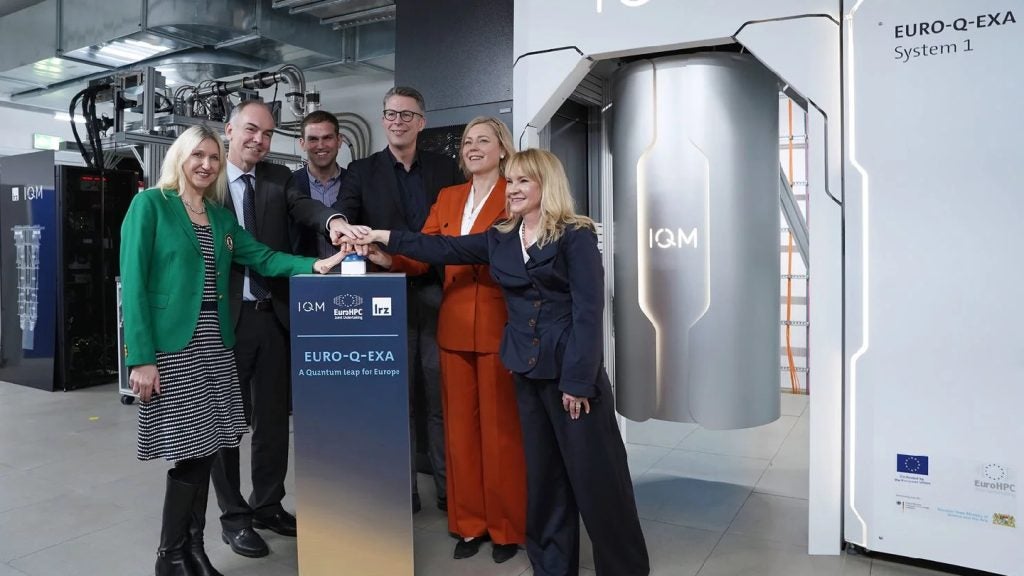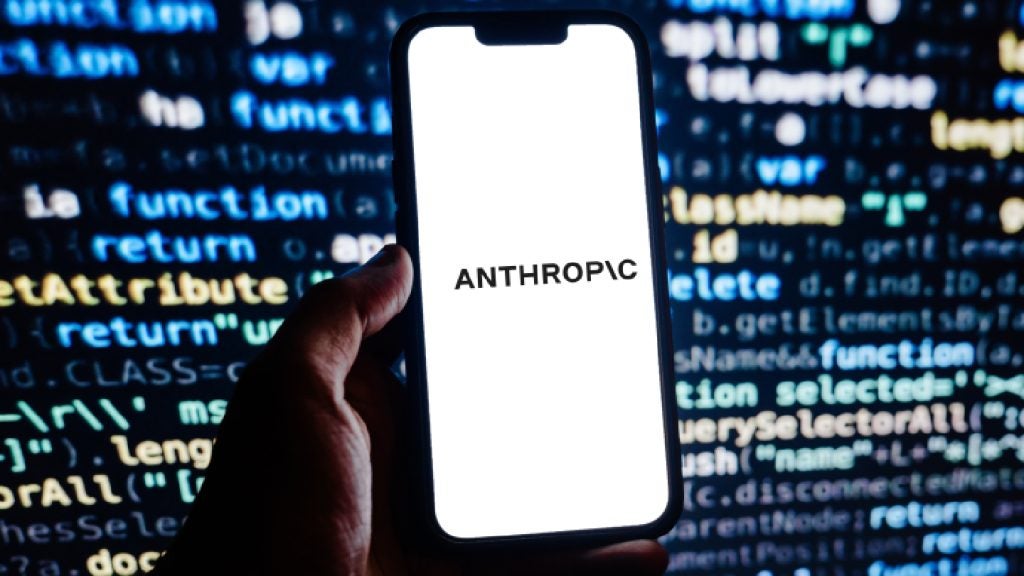
Tech giant Intel is set to announce plans to reduce its workforce by more than 20%, Bloomberg has reported, citing a person familiar with the matter.
This move is part of new CEO Lip-Bu Tan’s strategy to streamline management and revitalise the company’s engineering-driven culture.

Access deeper industry intelligence
Experience unmatched clarity with a single platform that combines unique data, AI, and human expertise.
The anticipated job cut would mark the first major restructuring under Tan, who assumed leadership last month.
The company previously announced a layoff of around 15,000 employees in August last year.
Intel’s workforce stood at 108,900 by the end of 2024, a decrease from 124,800 the previous year
Tan aims to revitalise the company after Intel lost ground in AI computing to competitors such as chipmaker Nvidia, resulting in three consecutive years of declining sales, the news agency added.

US Tariffs are shifting - will you react or anticipate?
Don’t let policy changes catch you off guard. Stay proactive with real-time data and expert analysis.
By GlobalDataThe Santa Clara, California-based company has struggled to maintain its technological edge with Tan committing to divesting non-core assets and developing compelling products.
Recently, Intel agreed to sell a 51% stake in its programmable chips unit, Altera, to Silver Lake Management.
At the Intel Vision conference last month, Tan emphasised the need to replace lost engineering talent, improve the balance sheet and align manufacturing processes with customer needs.
Tan is expected to outline more of his strategy when Intel announces first-quarter results, scheduled to be released this week.
Tan was appointed CEO following the departure of Pat Gelsinger, who faced challenges in executing his turnaround plans for Intel.
Gelsinger’s initiatives included expanding the factory network and transforming Intel into a made-to-order chip manufacturer.
However, Intel has since delayed much of this expansion, including an Ohio facility initially expected to be the world’s largest chip production hub.
Intel was also expected to benefit significantly from the 2022 Chips and Science Act, but the programme’s status is uncertain under US President Donald Trump, the agency added.







